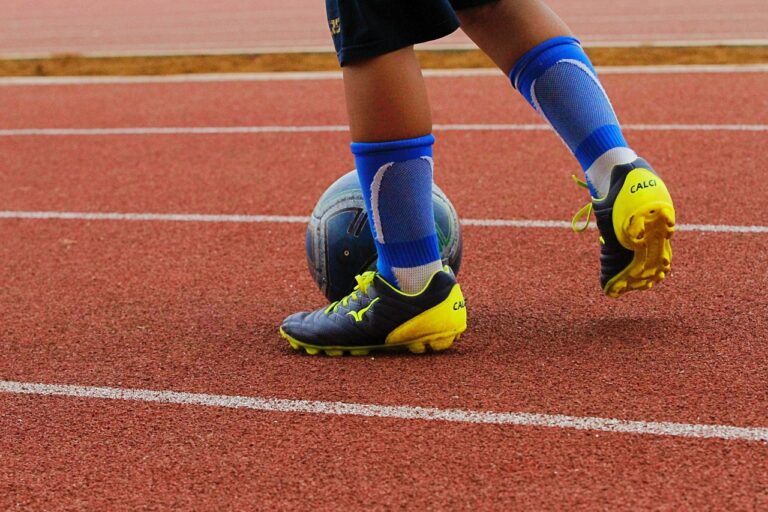Insights into the use of cognitive-behavioral therapy in post-surgery recovery for Cricket players.: 11xplay reddy login, Gold365 registration, Skyfair
11xplay reddy login, gold365 registration, skyfair: Post-surgery recovery is a crucial period for athletes, especially for cricket players who rely heavily on their physical abilities to perform at their best. In recent years, the use of cognitive-behavioral therapy (CBT) has gained traction as a valuable tool in aiding athletes to cope with the mental and emotional challenges that often accompany the physical recovery process.
What is cognitive-behavioral therapy?
Cognitive-behavioral therapy is a type of psychotherapy that focuses on identifying and changing negative thought patterns and behaviors that can contribute to emotional distress. By addressing these patterns, individuals can learn to develop more positive and adaptive coping strategies to deal with various challenges they may face.
How can CBT benefit cricket players in post-surgery recovery?
1. Managing pain: Pain management is a significant aspect of post-surgery recovery for athletes. CBT can help cricket players develop strategies to cope with pain effectively, whether through relaxation techniques, mental imagery, or distraction methods.
2. Enhancing mental resilience: The mental toll of recovering from surgery can be challenging for athletes. CBT can equip cricket players with the skills to deal with negative emotions such as anxiety, depression, and frustration, helping them maintain a positive mindset throughout the recovery process.
3. Setting realistic goals: CBT can assist cricket players in setting achievable goals for their recovery, both physically and mentally. By breaking down larger goals into smaller, manageable steps, athletes can track their progress and stay motivated throughout the rehabilitation journey.
4. Improving communication: Effective communication with healthcare providers, coaches, and teammates is essential for a successful recovery. CBT can help cricket players improve their communication skills, ensuring that they receive the support they need during the recovery process.
5. Building self-confidence: Confidence plays a vital role in an athlete’s ability to return to peak performance after surgery. CBT can help cricket players build self-confidence by challenging negative self-talk and fostering a more positive self-image.
6. Preventing future injuries: By addressing underlying psychological factors that may contribute to injury risk, CBT can help cricket players develop strategies to prevent future injuries and maintain long-term physical and mental well-being.
FAQs:
1. Is CBT suitable for all cricket players undergoing post-surgery recovery?
CBT can be beneficial for most athletes, including cricket players, as it focuses on developing skills that can be applied to various aspects of life. However, it is essential to consult with a mental health professional to determine the most suitable therapeutic approach for individual needs.
2. How long does a typical CBT session last?
CBT sessions can vary in length, but they typically last between 45 to 60 minutes. The duration and frequency of sessions may vary depending on the individual’s needs and the severity of their symptoms.
3. Can CBT be done remotely?
Yes, CBT can be conducted remotely through telehealth platforms, allowing athletes to access mental health support conveniently, even during their recovery period.
In conclusion, cognitive-behavioral therapy can be a valuable resource for cricket players undergoing post-surgery recovery. By addressing the psychological aspects of rehabilitation, athletes can enhance their overall well-being and improve their chances of returning to the field stronger and more resilient than before.







